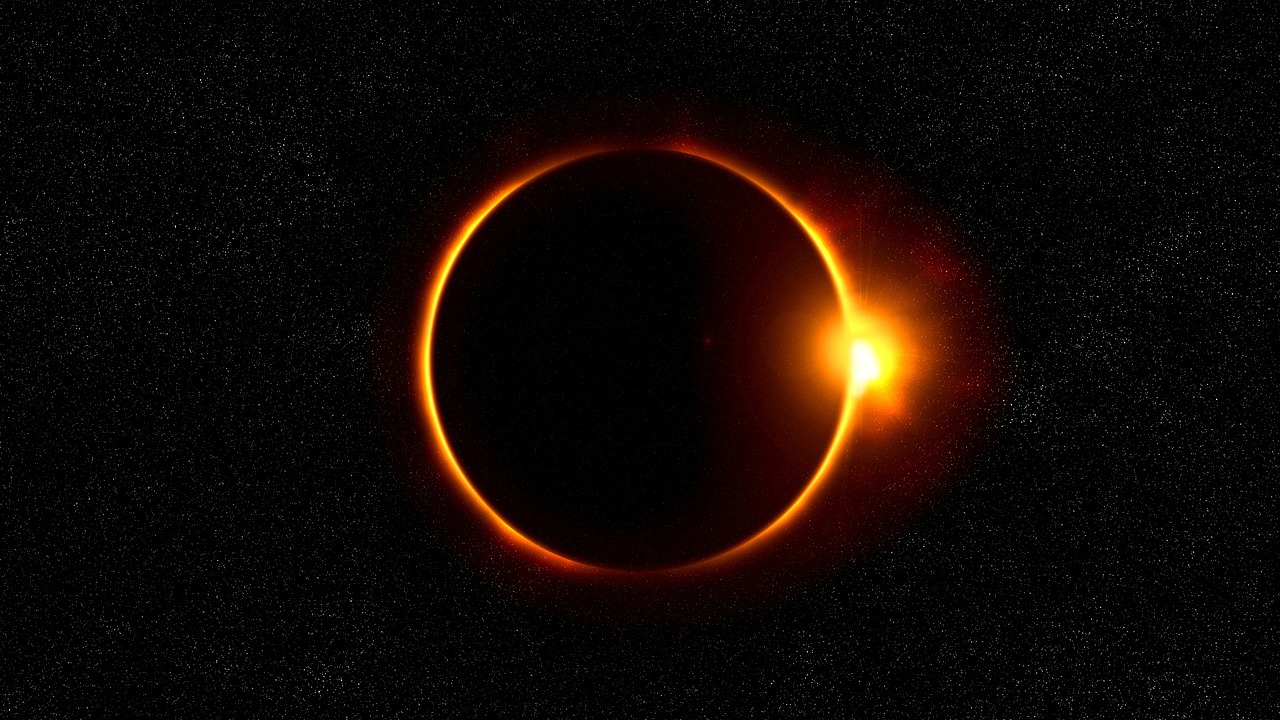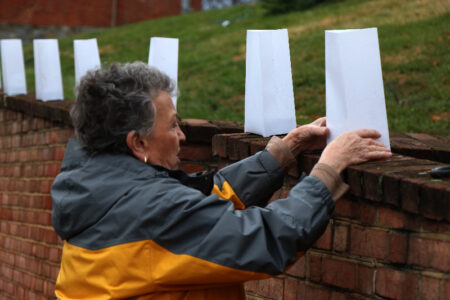HARRISBURG– In advance of the solar eclipse that will darken skies across all of Pennsylvania on April 8, the Pennsylvania Department of Transportation (PennDOT), the Pennsylvania Emergency Management Agency (PEMA), the Pennsylvania State Police (PSP), Pennsylvania Turnpike Commission (PTC), and Pennsylvania Department of Conservation and Natural Resources (DCNR) are advising residents to plan ahead, especially those living in or traveling to the Northwest Region.
“Pennsylvania is lucky to be one of only 13 states in the path of totality for this eclipse, bringing residents and visitors a unique viewing opportunity in our own backyard. The high number of expected visitors is an opportunity to showcase our state and also requires partnership among state agencies and travelers alike,” said PennDOT Secretary Mike Carroll. “We are coordinating across agencies as well as with local governments and regional organizations to plan for the likelihood of traffic congestion that day with an emphasis on safety for our residents and eclipse tourists.”
Nearly 435,000 Pennsylvanians live in the path of totality for the 2024 solar eclipse, which will impact Crawford and Erie counties as well as portions of Mercer and Warren counties. Upwards of 200,000 people are expected to journey into the City of Erie alone to watch the astronomical event, which could lead to travel challenges in different portions of the state throughout the day.
The path of the eclipse will impact Pennsylvania starting at approximately 2:00 PM as the moon travels in front of the sun. At approximately 3:16 PM to 3:20 PM totality will occur in northwest region. At the same time, the remainder of the state will see the moon covering 90% to 99% of the sun. The eclipse will conclude at approximately 4:30 PM.
The Pennsylvania Turnpike Commission will be keeping all lanes of traffic open heading to and from Erie on I-79 via the Cranberry Interchange (Exit #28) and adding additional maintenance personnel in the event of an emergency.
“We would like drivers to pay attention to posted speed limits and keep their eyes on the road as traffic is expected to be heavier than normal here during this timeframe,” said PA Turnpike Chief Operating Officer Craig Shuey.
PSP will remove disabled vehicles from interstates in northwestern Pennsylvania and post troopers at each exit to keep traffic moving. People gathered at rest stops will be directed to view the eclipse elsewhere.
“Our primary concern is public safety,” said Colonel Christopher Paris, Commissioner of the Pennsylvania State Police. “Troopers will have an increased presence in the area and zero tolerance for distracted, aggressive, and intoxicated drivers. This eclipse should be a once-in-a-lifetime event with fond memories, not an experience marred by tragedy.”
To assist Pennsylvania residents and out-of-state visitors traveling to the City of Erie, which will experience one of the longest period of darkness, PennDOT has developed an event specific 511PA page – www.511pa.com/eclipse24.The page offers various suggested routes to help drivers traveling to the area during what is expected to be a high traffic period.
To help find a location to watch the eclipse or learn about related events happening in the City of Erie and throughout Erie County, go to the VisitErie Eclipse 2024 page.
Along with using the webpage, eclipse travelers are reminded of the following safety tips:
- Plan ahead for longer than usual travel times to and from destinations.
- Exit the highway to view the eclipse.
- Turn on your headlights.
- Be alert for vehicles on the shoulder and increased pedestrian traffic.
- Put down the phone and never take pictures or videos while driving.
- Take off eclipse glasses while driving.
- Keep Pennsylvania Beautiful and don’t litter.
Four state parks are within the path of the total eclipse:
- Presque Isle State Park (Erie County)
- Erie Bluffs State Park (Erie County)
- Pymatuning State Park (Crawford County)
- Maurice K. Goddard State Park (Crawford County)
“Visitors are welcome in all of Pennsylvania’s state parks and forests to view the eclipse, or the view from your local park or even your backyard will be excellent,” DCNR Secretary Cindy Adams Dunn said. “Crowds are expected at state parks, especially in the northwest, so visitors should plan around sharing viewing spaces and anticipate traffic.”
Those interested in viewing the eclipse outdoors should be prepared by bringing the following items:
- Solar-safe glasses, pinhole viewer, solar-safe viewing lenses for binoculars, cameras, or telescopes.
- Water.
- Snacks or a meal.
- Appropriate layers for sunny, cold, or rainy conditions and comfortable walking shoes.
- Sunscreen.
- Bug repellent.
- Camp chairs, a blanket, or other seating.
- Necessary medications.
“It’s important to realize that if you know an event is going to happen, you can plan to minimize its impact,” said PEMA Director Randy Padfield. “Make sure that you’ve taken care of routine errands before April 8 or take care of them the next day. Anyone who lives or works in northwest Pennsylvania needs to think ahead about how they will get to work, handle childcare and attend to any important medical appointments the day of the eclipse. It is highly recommended that any unnecessary travel be delayed or rescheduled.”
Many state parks are holding educational programs leading up to the eclipse. Additional information on viewing the eclipse from any state park through the state, visit the DCNR website’s 2024 Total Solar Eclipse page.
For additional transportation safety information and resources, including sharable social media graphics and a printable handout, go online to PennDOT’s Media Center.
Follow PennDOT news and find #eclipse24 related traffic updates on X and the department’s regional Facebook group.






















